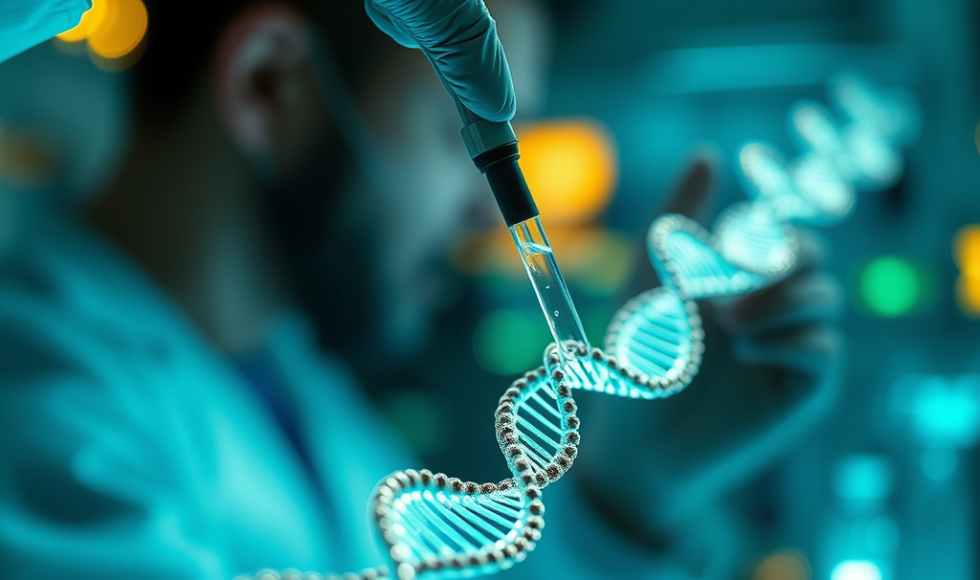Daniel Kim from the University of California, Santa Cruz, presented at London Calling 2024. The session was on “Advancing RNA liquid biopsy technology via nanopore sequencing.” The Kim lab is working on advancing cancer detection with liquid biopsies. RNA is secreted into the circulation in extracellular vesicles (EVs). Kim noted that EVs can protect RNA. Seventy-five of the human genome generates RNA, but only 1-2% of the human genome encodes for protein-coding genes. Thus, the vast majority of RNA sequences in the human genome are noncoding. I did not realize this. Kim described this as “the RNA dark matter of the genome” and believes RNA in EVs can provide disease insight. Kim said liquid biopsies generate in vivo insights and allow continuous monitoring. Kim shared that shocking cancer mortality estimates. They noted that early diagnosis can improve outcomes. Kim’s team did a series of experiments and developed an RNA liquid biopsy platform called COMPLETE-seq. Cancer-specific repeat cell-free RNA signatures were identified. Disease-learning models were developed to detect signals. One example was oesophageal cancer. They partnered with the OCCAMS program and Karen Miga’s lab to sequence cell-free RNAs. They identified 286,955 novel unannotated cell-free RNA transcripts in the 40 individuals they sequenced. Interestingly, they found a size difference in cell-free RNA lengths from patient samples compared to non-cancer individuals. Upgregulated isoforms in oesophageal cancer were found in cancer patients and absent non-cancer individuals. Kim spoke about access to these technologies and developing Flongle flow-cell-based diagnostics.



